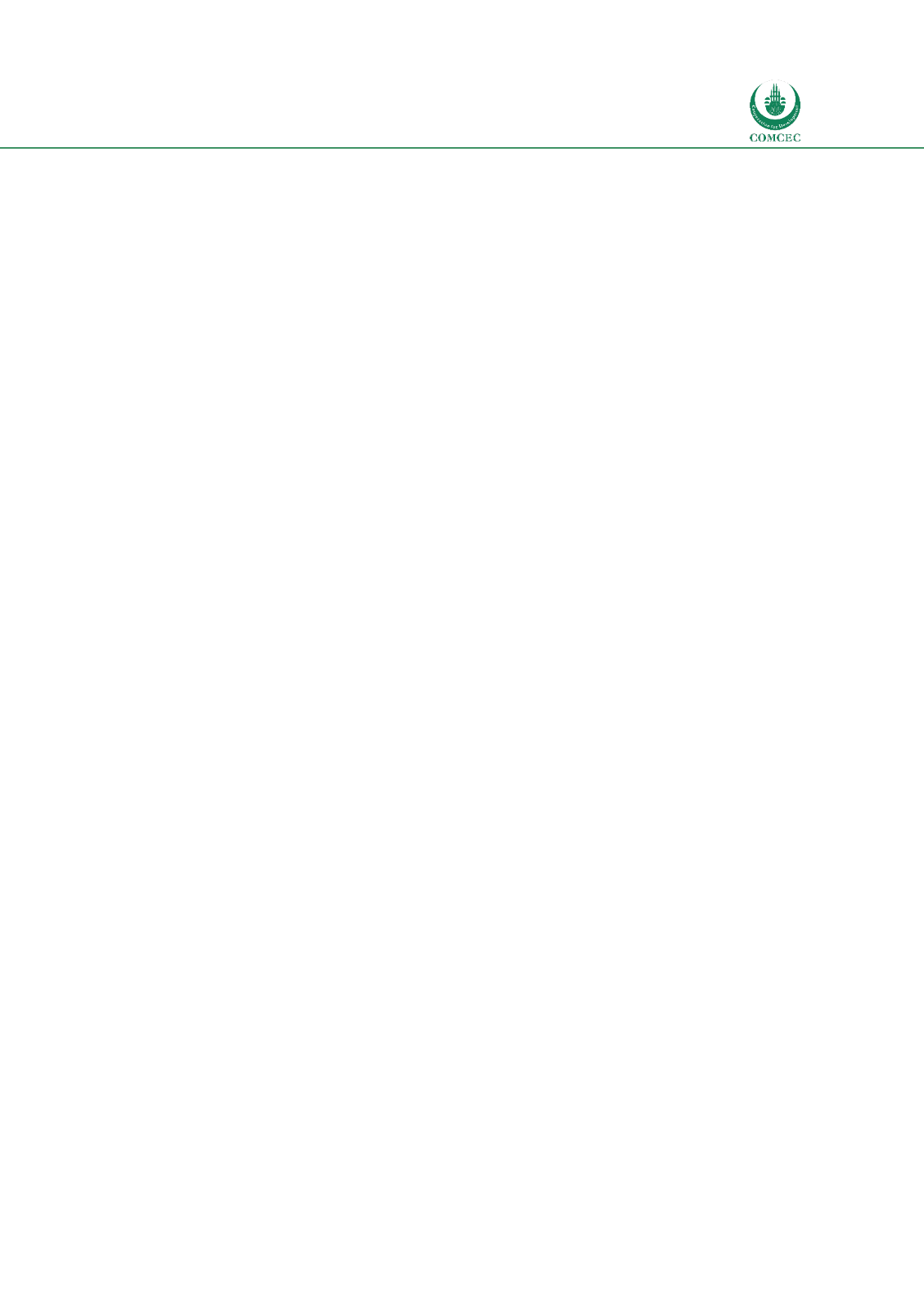

Muslim Friendly Tourism:
Developing and Marketing MFT Products and Services
In the OIC Member Countries
143
for cross-promotion in target travel source markets. An example would be a
credible MFT beach resort running a promotional campaign with a ‘modest fashion’
or ‘Islamic retail bank’ brand. Recently,
MasterCard’s
sharia-compliant consumer
financing cards in Indonesia and Malaysia have added special deals on Halal
tourism resorts and Halal certified restaurants in regional travel destinations as a
special service to their clients.
Visitor Guides
:
Both printed and online Muslim-friendly visitor guides have been
launched by many OIC countries. This should be adopted by all countries. In
addition to listings of Halal restaurants, mosques and Islamic heritage sites, the
guides should include general information on all main tourist attractions.
Virtual Reality
: A digital advertising platform which is expected to boom within
the next few years is virtual reality. Travel companies would be wise to start
investing in this new technology now. Companies such as Thomas Cook saw a 190%
increase in booking when potential customers experienced a virtual reality glimpse
of their destination.
Influencer campaigns:
Celebrity endorsements and influencer campaigns are
widely used in mainstream travel marketing. There are also some examples of
working with influencers to promote a destination, such as in Spain, working with
celebrities from Malaysia to promote Spain as a Muslim-friendly destination.
However, the full potential of working with social media influencers focused on the
Muslim market, has not been realized. There are currently only a few bloggers and
social media influencers focused on Muslim-travel; however Muslim travel brands
are advised to work with influencers from other Muslim lifestyle sectors that target
the same audiences.
For example, there is a huge overlap between travel and food; therefore working
with Halal food bloggers and social media influencers is advised. Another Muslim
lifestyle sector that is abundant with bloggers, vbloggers and social media
influencers is Islamic fashion. Fashion influencers tend to have loyal and engaged
followers; travel brands should look into working with fashion bloggers that target
a similar audience.
Cluster Marketing:
Instead of disjointed efforts by local suppliers to market their
MFT offerings, local small and medium businesses would have a common brand
that allows them to consolidate their marketing efforts. Examples of existing cluster
marketing include the unified Thailand Diamond Halal brand under which Thai
small businesses market themselves. Another example from Thailand is the Krabi
SME business club that conducts unified marketing. A Halal cluster is also being
developed in Cordoba city under the leadership of Instituto Halal.
2.
MFT services distribution prioritization
: Given that the most important channels
for booking of accommodation services by Muslim travelers were ‘Travel websites’
(55% of respondents), ‘Travel agencies’ (22%), and ‘Hotels directly’ (15%), below are
key ‘distribution’ strategy prioritization for MFT services:
















